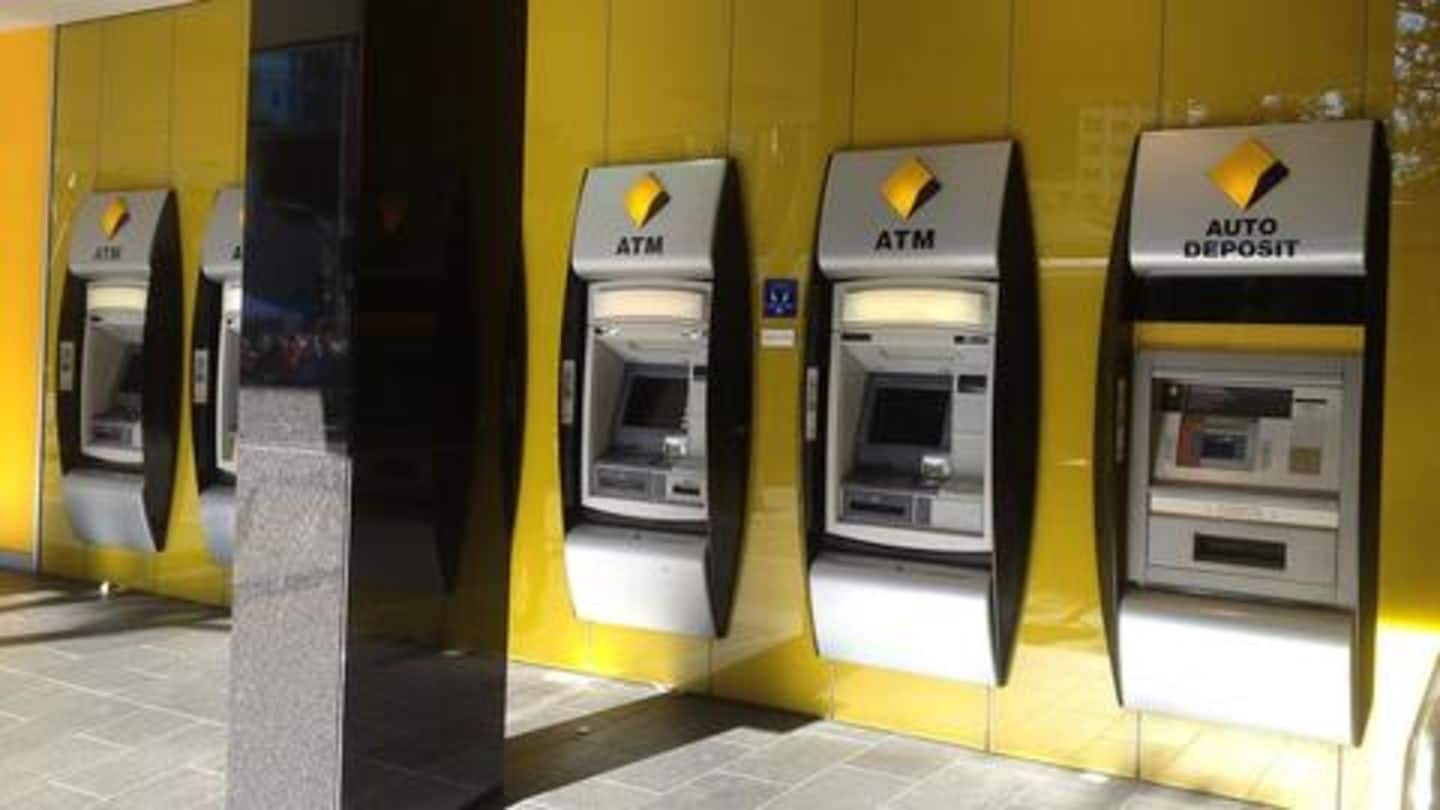
Half of India's ATMs might shut down in 2019
What's the story
Nearly 50% of ATMs in India might be shut down by March 2019 owing to regulatory changes that are making it unviable to operate ATMs, warned industry body Confederation of ATM Industry (CATMi) on Wednesday. This impending closure is not only set to affect millions of Indians, but will also result in the loss of thousands of jobs. Here are the details.
Details
Non-urban areas will be severely affected
India currently has around 2.38 lakh ATMs, of which 1.13 lakh ATMs are facing shutdown. Among the 1.13 lakh ATMs to be shuttered, around 1 lakh are off-site ATMs, while around 15,000 are white label ATMs. In terms of geographical distribution, most of the ATM shutdowns will take place in non-urban areas, thereby posing a risk to the government's efforts at financial inclusion.
Quote
Beneficiaries of Jan Dhan Yojana will be severely impacted
"This would severely impact millions of beneficiaries under the Pradhan Mantri Jan Dhan Yojana who withdraw subsidies in the form of cash through ATMs, besides urban centres, resulting in snaky queues and chaos akin to post-demonetisation," said a CATMi spokesperson.
Why?
Why will 50% of all ATMs be shut down?
Recent regulatory changes pertaining to the operation of ATMs have reached a "tipping point" wherein ATMs will be "forced" to shut down, warned CATMi. The changes responsible for the impending shutdown include new guidelines on hardware and software upgrades, mandates on cash management standards, and the cassette swap method of loading cash into ATMs.
Information
New regulations cost the ATM industry thousands of crores
The new cash logistics and cassette swap method as mandated by regulations alone cost the ATM industry around Rs. 3,000cr. With the industry still reeling under the shock of the demonetization, it will be unable to bear the costs.
Solution?
Is there a way out?
However, CATMi said that there was one possible solution. As it stands, ATM deployers and operators are unable to bear the massive costs required. Yet, if banks step in and compensate the deployers and operators, then the ATMs to be closed down could be upgraded to necessary standards, and could continue operating. Failure to do so will lead to a large-scale shutdown.